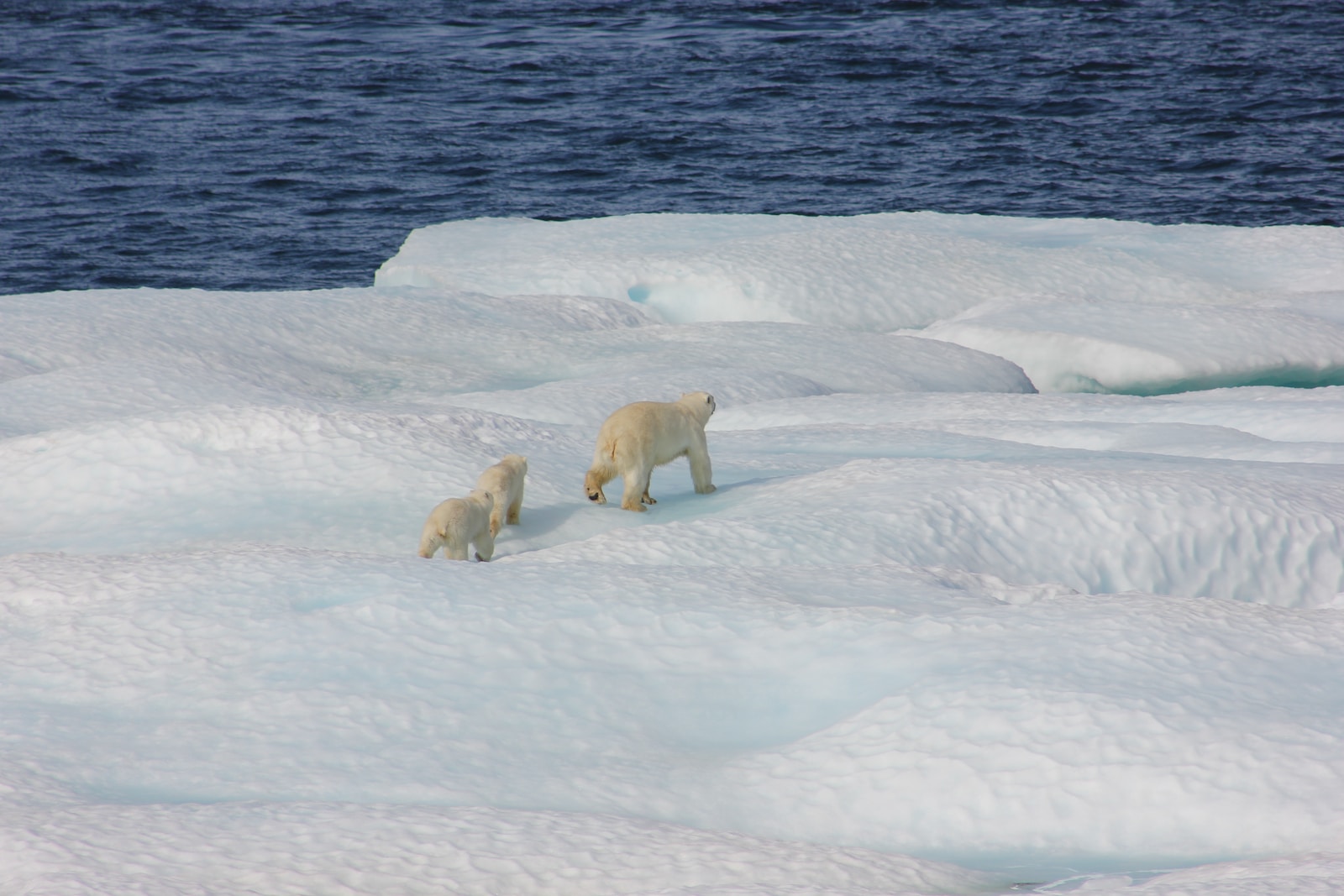Table of Contents
ToggleIntroduction
Climate change is causing extreme weather events to occur more frequently, leading to dangerous floods, heatwaves, and storms. These events are no longer considered rare occurrences but rather the “new normal.”
Heat Waves and Records
In 2022, more than 61,000 people died due to brutal summer heatwaves across Europe, highlighting the failure of two decades of efforts to adapt to a hotter world. As an astonishing surge of heat shattered temperature records across the globe, forecasters warned that the Earth could be entering a multi-year period of exceptional warmth driven by continued emissions of heat-trapping gases and the return of El Niño, a cyclical weather pattern.
Shipping Emissions
Negotiators from nearly every country reached a provisional agreement to effectively eliminate the shipping industry’s greenhouse gas emissions by as close to 2050 as possible. The agreement also sets goals for emissions reductions to be reached by 2030 and 2040.
Risks in Mountain Zones
A new study warns that mountain regions will get more extreme rainfall than previously thought as the climate warms. This distinction is important because rainfall tends to produce more hazards for humans than snow does, including floods, landslides, and soil erosion.
The Impact of Climate Change on Extreme Weather Events
The increasing frequency of extreme weather events can be attributed to climate change. The warming of the planet by an average of 1.2 degrees Celsius compared to preindustrial levels is causing a dizzying array of extreme weather events. This, in turn, is leading to weather disasters that cost more than $1 billion in damage, which are on the upswing in the United States and around the world.
The Urgent Need for Action
To combat climate change, drastic changes need to be made in the way Americans live their lives. The country is still largely powered by fossil fuels, and significant reductions in greenhouse gas emissions are required. The urgency of the situation requires action from all levels of government, the private sector, and individuals.
The Political Divide on Climate Change
In the United States, climate change is still a partisan issue, with many Republican leaders questioning established climate science, promoting fossil fuels, and opposing renewable energy. However, a majority of adults are now concerned about climate change and support federal action to combat global warming and promote clean energy.
The Anthropocene: A New Era
Scientists are now discussing whether to declare that Earth has entered a new interval of geologic time: the Anthropocene. This new era would reflect the significant impact of human activity on the planet’s ecosystems and climate.
Conclusion
Climate disasters are becoming more frequent, and the situation is likely to worsen. The urgent need for action requires significant changes to the way Americans live their lives, including a shift to clean energy and a reduction in greenhouse gas emissions. It is essential to act now before it is too late.








2 thoughts on “Climate Disasters Increasingly Common: The Urgent Need for Action”
Pingback: The Hidden Risks of Climate Change: Vermont Floods Show Limits of America’s Efforts to Adapt - Sustainability Awakening
Pingback: Climate Breakdown: Understanding the Causes and Solutions to the Global Crisis - Sustainability Awakening